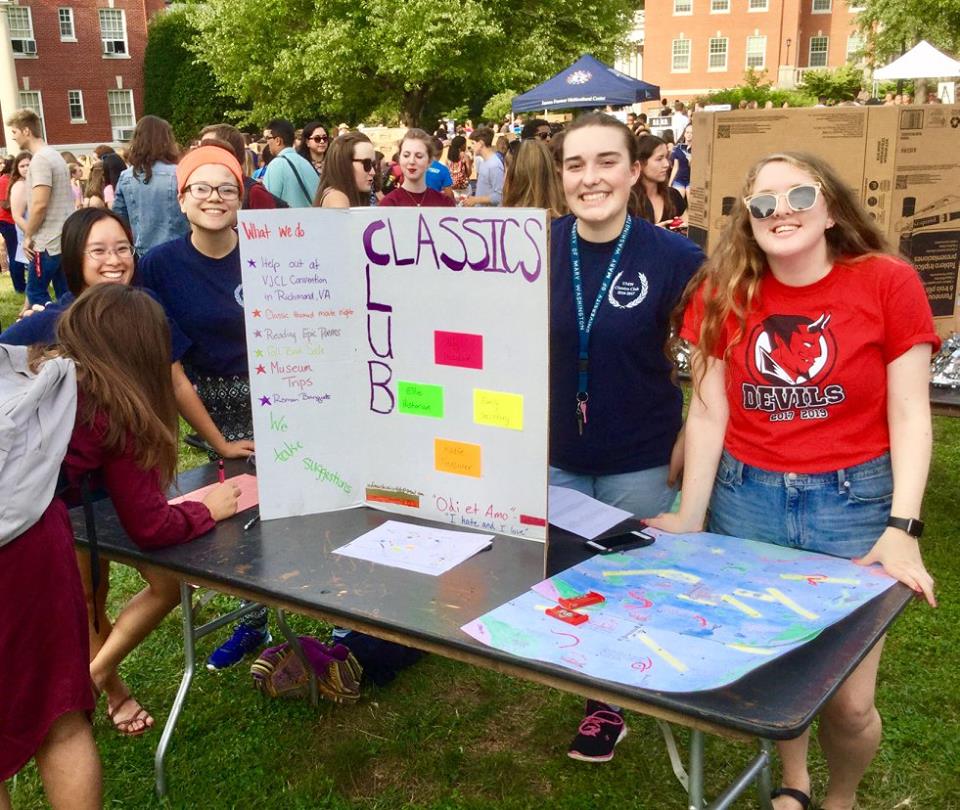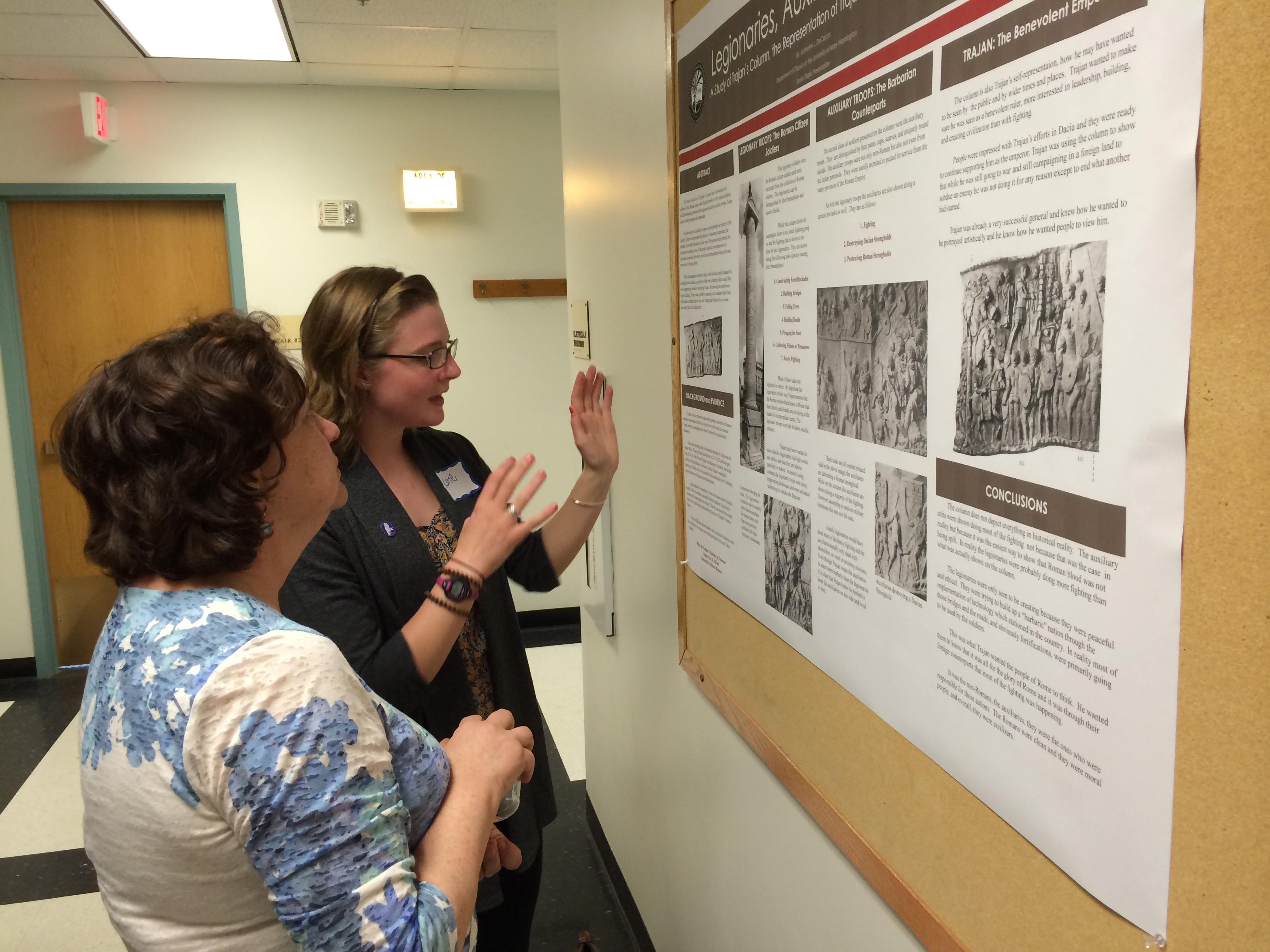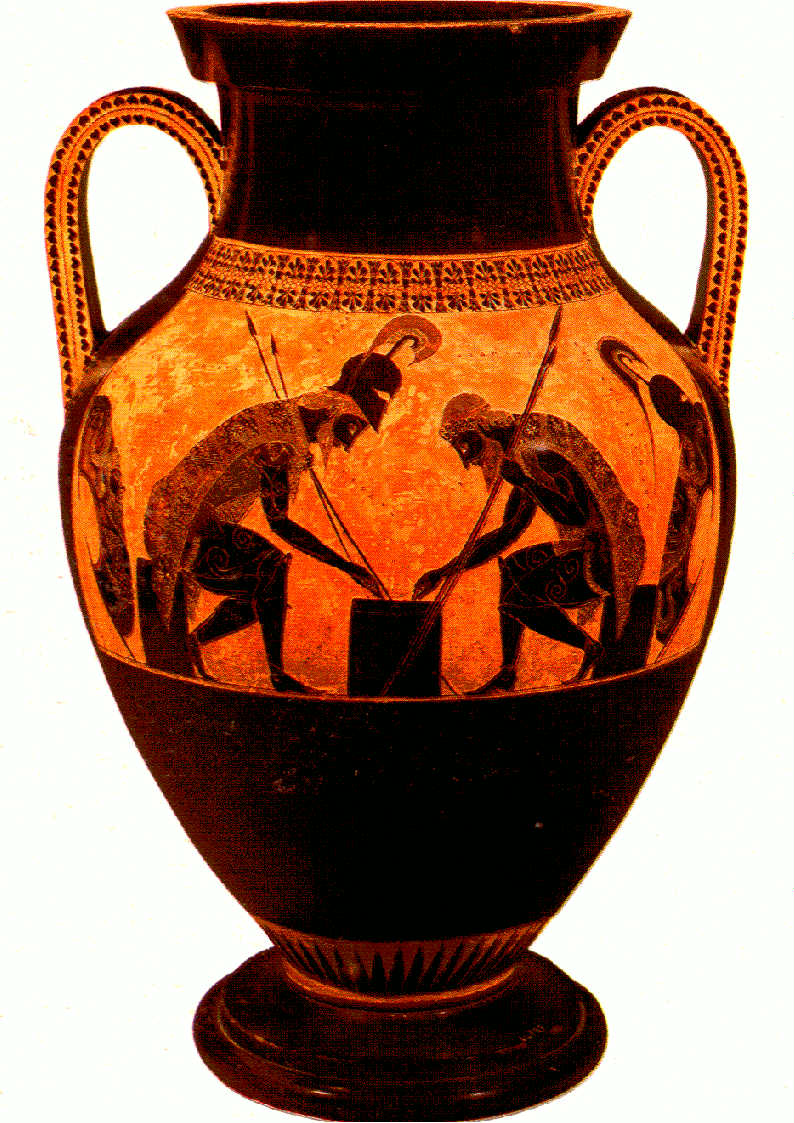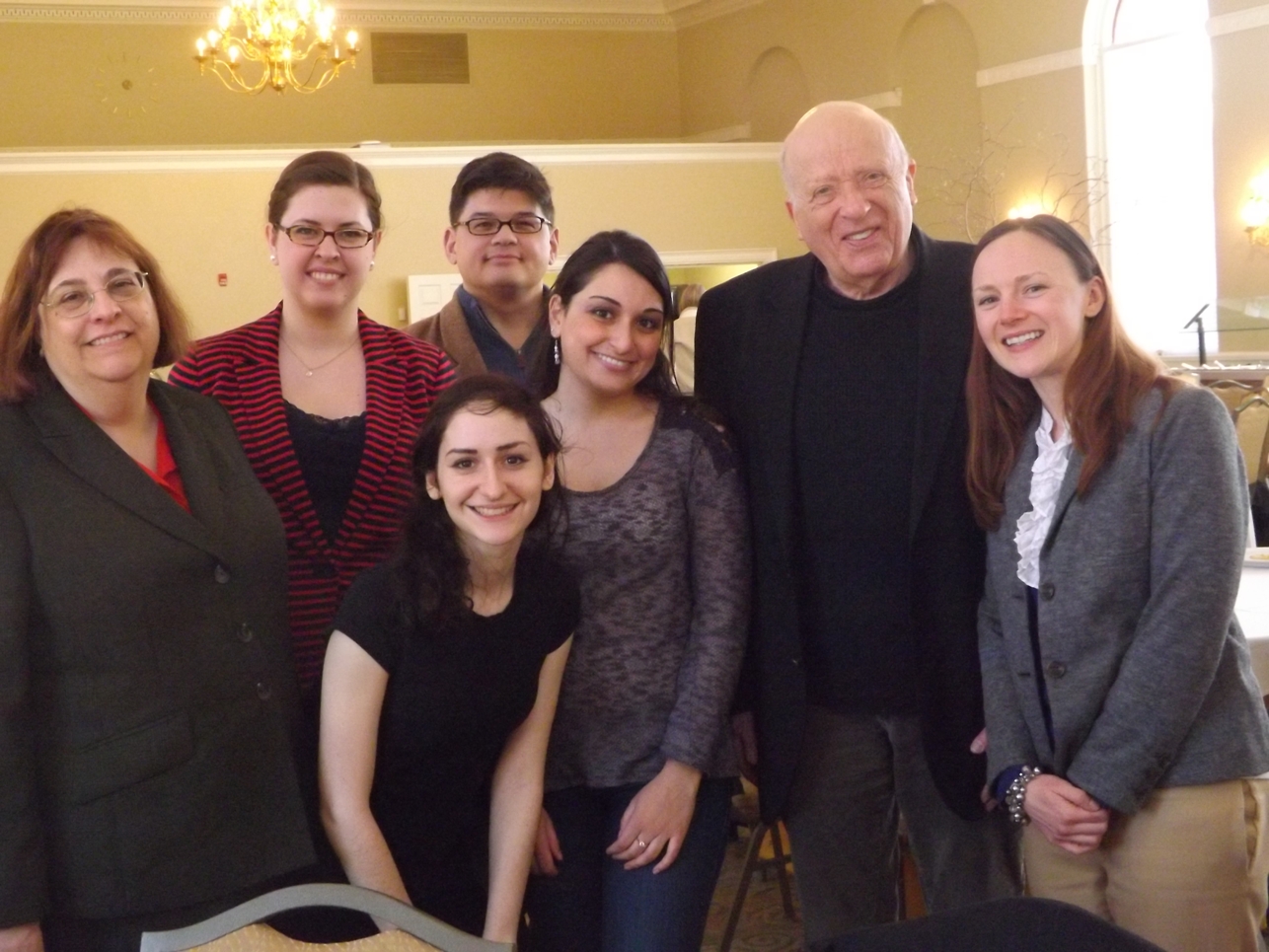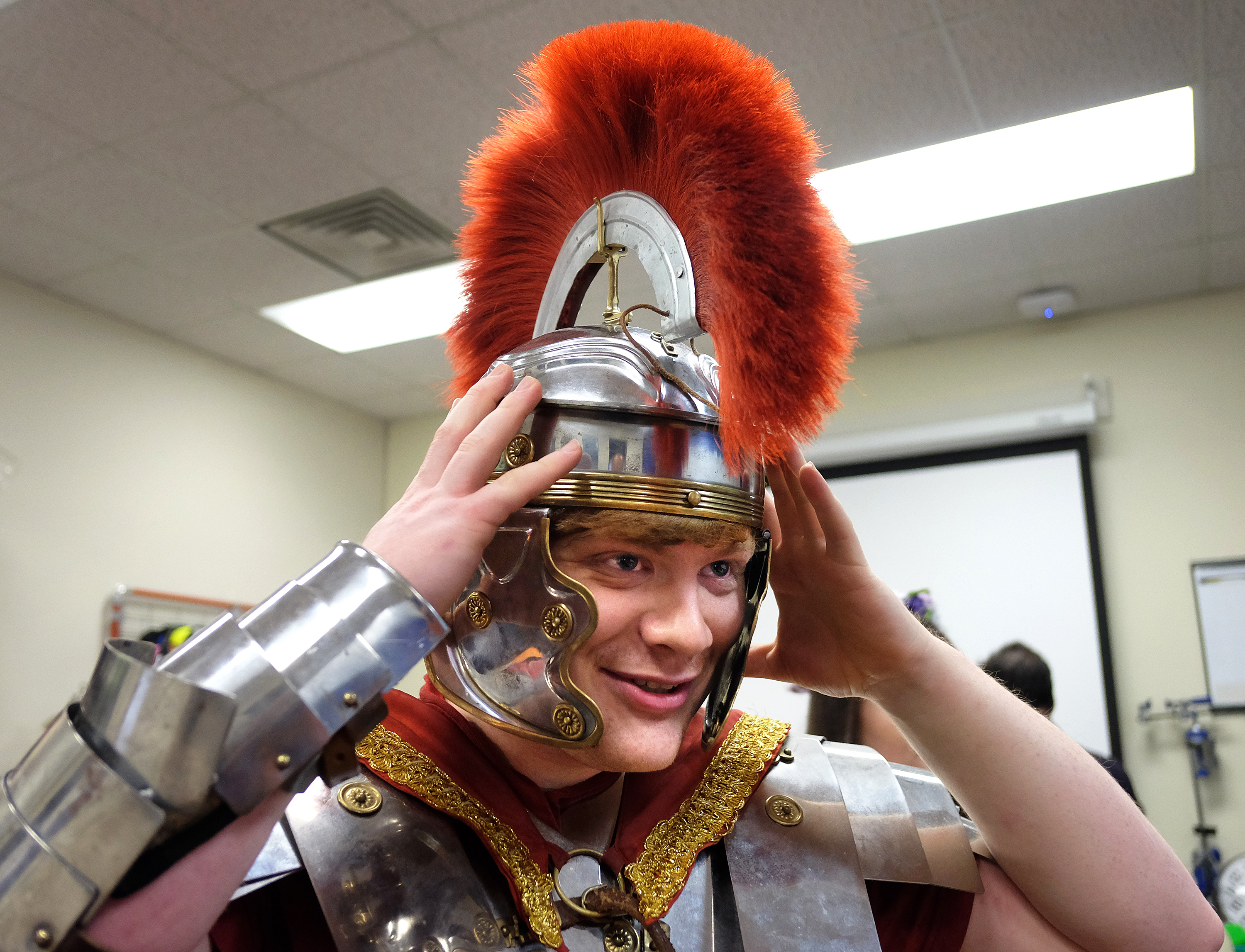| Classics focuses on the study of the languages, literatures, and civilizations of ancient Greece and Rome. Since many of the ideas and principles which emerged in the classical world are basic to Western culture, courses in classics apply to the study of almost all the liberal arts and sciences. |
Students wishing to major in classics may choose among four concentrations: Latin and three interdisciplinary concentrations in Classical Civilization, Classical Archaeology, or Classics: Ancient Mediterranean Studies. Students develop their major programs in consultation with a faculty adviser. From the linked pages you can find downloadable documents you can use to chart your path through each concentration.
On par, Classics majors are among the best educated and most employable graduates in the liberal arts. They score better than all other majors on LSATs and hold solid prospects for the highest salaried careers of all the humanities.
Students majoring in Latin receive a grounding in the foundational literature of the Western world, grappling with the great questions in the original language and with the highest academic standards. Several Latin majors have gone on to become some of the best Latin teachers in the state; others find their calling in the public sphere, going on to successful careers in the publishing industry, defense contracting, foreign service, and the law, among others.
The study of ancient Greek is an appropriate complement to any major in the liberal arts or sciences, and any student may use Greek to satisfy the College’s general education requirement for proficiency in a foreign language. While no specific major or concentration in Greek is offered, students may use courses in Greek to fulfill the requirements for a major in Classics. The university is a cooperating institution with the American School of Classical Studies in Athens, and students who study Greek are encouraged to apply to its program.
While some classics majors who choose a concentration in Classical Civilization include teacher licensure in their schedule, others take a second major in a related field, such as history, philosophy, religion, English, business, or modern foreign languages. With such a background, graduates have a wide range of opportunities after college, including museum work, archaeology, graduate study, teaching, and translating. For an extensive overview of careers for classicists, see Ken Kitchell’s elegant series of essays.
The concentration in Classical Archaeology offers special preparation to those students who wish to pursue museum or field work in archaeology. A concentration in Classical Archaeology joined with a related major such as anthropology, art history, historic preservation, history, or religion will enable a student to add depth of knowledge about the ancient world to his or her study of those disciplines.
Opportunities for study and excavation abroad are readily available to the Classics major. Mary Washington is a member of the Intercollegiate Center for Classical Studies in Rome and the American School of Classical Studies in Athens. Students are welcome to consult with the Classics faculty about programs at these and other institutions. Qualified students are invited to join Eta Sigma Phi, the national honor society for Classics, and to try for departmental honors in their senior year.
Classics Faculty
Professor
